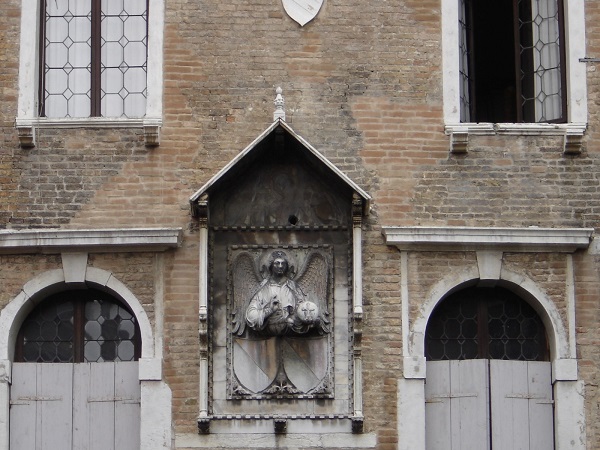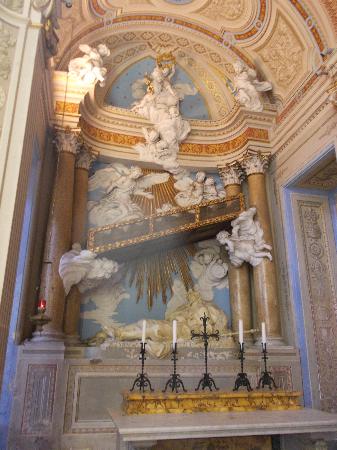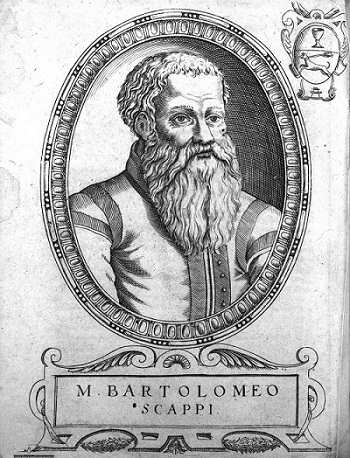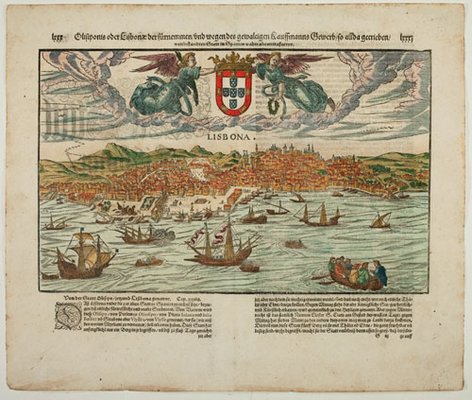Tycho Brahe (1546-1601), the famous Danish astronomer had a fascinating life and much has been written about him. There is however, one fascinating theory about him – that he was the father of Christian IV and the source for Shakespeare’s Hamlet.
Tycho Brahe lived on the island of Hven from 1576 to 1596. Here, in the middle of the Øresund, he ran a small research centre that attracted massive financial support from King Frederik II, but just as things were going well for him at court, Tycho’s patron, Frederik II died and his son, Christian IV came to the throne. Tycho was soon forced to look for a new patron which he found in Prague in the form of Emperor Rudolf II, who was pleased to receive him.
However, no sooner had Tycho arrived in Prague than he died in October 1601. His death, and the circumstances surrounding it, have led to much speculation: is the story about him dying from a burst bladder true or was his death due to something more sinister? Tycho had lost part of his nose in a duel and for the rest of his life he wore a prosthetic nose. This fake nose was made from various metals, perhaps including mercury, which could have poisoned him, but the mystery remains unsolved as other factors of his colorful life had lead some people to believe that he may have been deliberately poisoned.
Several historians are convinced that a crime was committed and many theories have been put forward. In January 2009, however, a new theory was presented. According to this, a distant relative of Tycho Brahe’s a man named Eric Brahe, was hired by none other than King Christian IV to murder Tycho. Because of his family ties, Eric stood a better chance of getting close to the famous astronomer. And in fact, Eric was with Tycho in the days leading up to his death and on the very day of his death.
Allegedly, Eric’s motive for the killing was that he desperately needed the protection of a powerful sovereign because he had many enemies. So what was Christian IV’s motive? One theory is that the self-glorifying king was simply jealous of Tycho and therefore wanted to get rid of him. A second theory is more complicated: Tycho, in the days of his youth, was said to have had an affair with Christian IV’s mother, Queen Sophie. If the rumour was correct, Christian IV was the consequence of the affair. Tycho was not only Christian’s father, but it also made Christian illegitimate, which nullified his claim to the throne.
According the man behind this controversial theory, the historian Peter Hvilshøj Andersen, the story does not end there. After Tycho’s mysterious death in Prague, the rumours swept across Europe and Shakespeare himself used them as inspiration for his play Hamlet. As everyone knows, the play is about the Prince of Denmark, Hamlet (alias Christian IV), who, in a dream, meets is father’s ghost (alias Frederick II). His father tells Hamlet that it was his brother, Claudius (alias Tycho Brahe), who killed him. After this, Claudius lives on, sharing the throne with the widowed queen, Hamlet’s mother. Gertrude (alias Queen Sophie). During the meeting with his father’s ghost, Hamlet promises to seek revenge and kill Claudius.
Thus, if you are willing to equate Tycho’s fate with Shakespeare’s play, the brotherly bond between Hamlet’s father (Frederick II) and Claudius (Tycho) must be seen as a spiritual connection rather than a physical one; and the “throne” that Claudius shares with Gertrude (Queen Sophie) should not be taken literally, but rather as the path to fame and glory trodden by Tycho.
If you are confused, it’s probably nothing compared to Hamlet’s confusion… or was it that of Christian IV??
Nothing like a good twist to an old tale…. with a little conspiracy thrown in for good measure!!!











